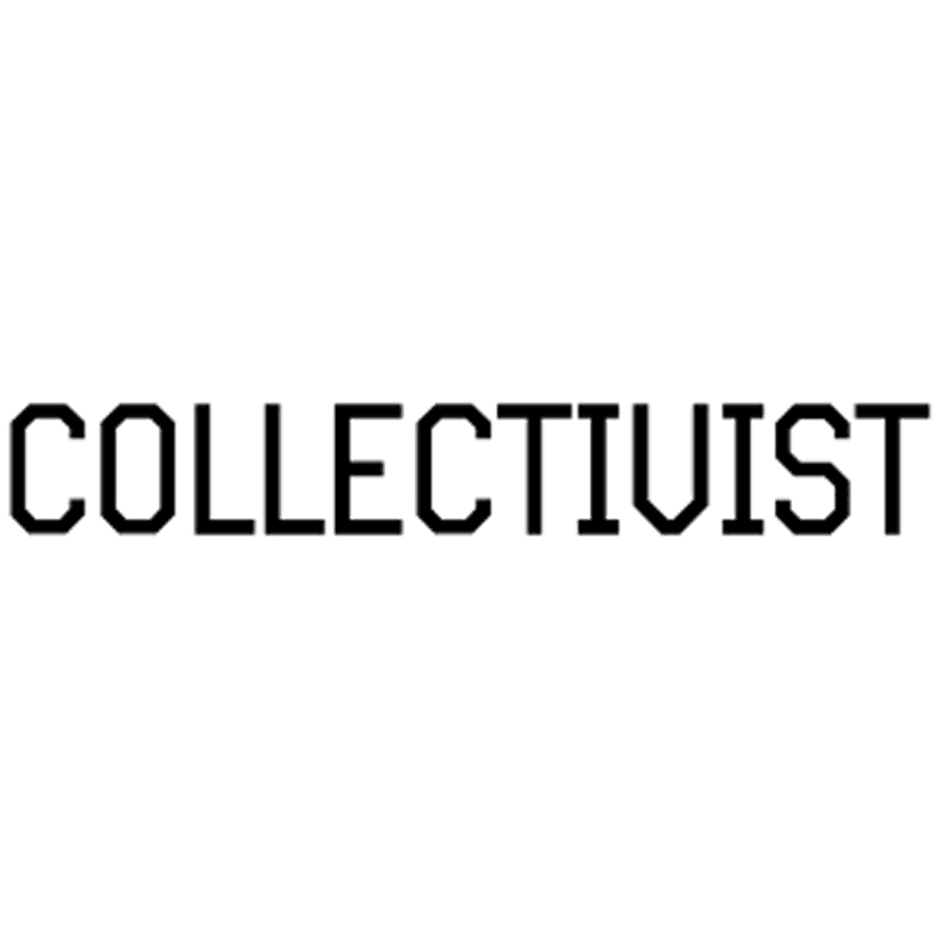While impact sourcing is gaining traction internationally, this hasn’t necessarily been the case in South Africa, with some still sceptical about whether such business models are effective in the long term. Work by several NGOs have however shown this to be a misconception, with impact sourcing having numerous positive benefits for businesses.
Impact sourcing is a business practice where organisations look toward previously disadvantaged communities to identify and develop high potential talent, and then place them in jobs that provide them with a sustainable income, and pathway to social upliftment.
According to the Rockefeller Foundation, individuals who participate in impact sourcing experience income increases of between 40% and 200% and learn transferable skills that serve as a springboard for future job opportunities, career advancement and increased remuneration over time.
Beyond just having a positive impact on the employee, there is a multiplier effect, with these employees contributing to the socio-economic upliftment of their families and the communities that they come from. In some areas, it is also known as socially responsible outsourcing. There is a global movement towards supporting impact sourcing. Major companies that have made a commitment toward impact sourcing, by becoming members of organisations such as the Global Impact Sourcing Coalition, include Google, Microsoft, Facebook, SAP Ariba, Bloomberg, Tech Mahindra, Merchants, Intuit and more.
Even governments are taking heed in using impact sourcing to help uplift underprivileged communities. Since the start of 2021, the UK government has allocated 10% of the weighting in its requests for proposals to social value, and similar strategies are being applied in other governments in Europe. Similarly, making impact sourcing a key consideration for government and business can provide an ideal way to employ more of South Africa’s youth and enhance the long-term socio-economic development of the country.
However, it should be noted that this is not simply a corporate social investment or Broad-Based Black Economic Empowerment (B-BEE) compliance exercise. Working with the Rockefeller Foundation, CareerBox has been able to visibly demonstrate the variety of business benefits of adopting such a model, and helping dispel the misconceptions that impact sourcing results in reduced speed to competency, and that it has a negative effect on worker capability or even the bottom line.
The studies showed that the cost of impact sourcing to local business was comparable to or even lower than traditional methods, with additional benefits including higher levels of employee motivation, fewer employee disputes, and much lower attrition rates. Turning to impact sourcing can actually help them realise their cost saving objectives while also allowing them to tap into an extended talent pool to source employees, thus giving them a competitive advantage.
On the social benefit side, impact sourcing means that organisations are able to provide previously disadvantaged and unemployed youth and women with job positions that provide them with sustainable income and the opportunity of career advancement. Just a single organisation like CareerBox, a Mandela Legacy partner, has been able to recruit, train and place over 35 000 youth and women in the BPO sector, helping to positively impact over 140 000 people in the communities that they come from.
While the practice has been gaining traction locally in the BPO sector – one of the few where candidates without formal qualifications or previous experience can advance through the ranks to a supervisory role in the span of a year – other industries such as retail and even hospitality, where there is a requirement for a high volume of entry level workers, stand to benefit from embracing impact sourcing. Real world examples are showing that it is possible for organisations to make money and do good at the same time.
With unemployment in South Africa at an all time high, and the youth and women being those especially affected, it is time for Corporate South Africa to stand up and contribute to turning the tide by making impact sourcing a key consideration of how they do business going forward. They won’t just be making a difference in a few people’s lives, but making a definitive contribution toward the sustainable growth of their businesses and the country as a whole.
By Lizelle Strydom, MD, CareerBox.


